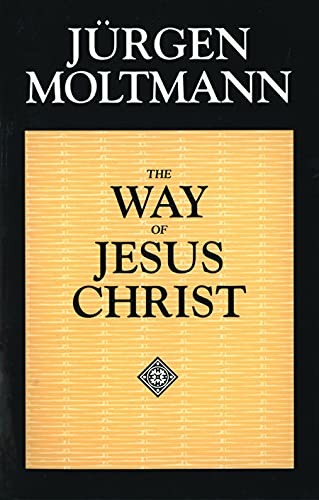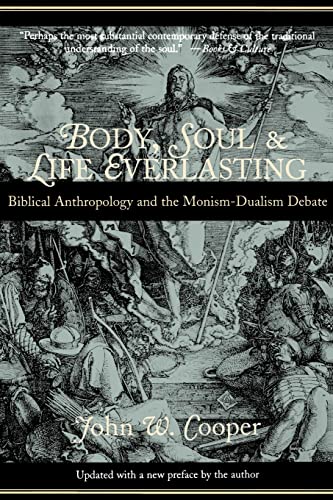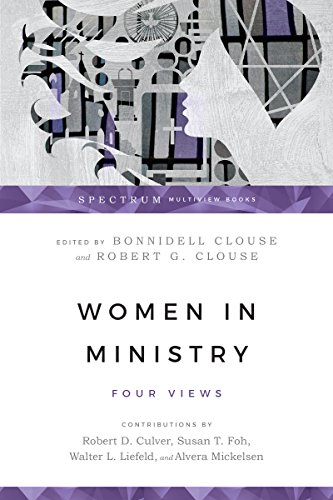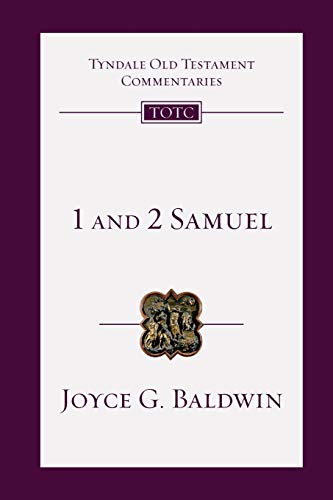This book is the third in a new series aimed at beginning students in colleges and universities, ‘A’-level pupils, and ‘anyone approaching a study of these issues for the first time’ (General Preface). As such, the work contains fairly basic (and largely uncontroversial) descriptive accounts of many of the religious institutions and practices of Second-Temple Judaism. There are useful chapters on the different religious groups, biblical interpretation, legal issues, education, the cult, etc. Several omissions are, however, striking. The section on ‘synagogue and temple’ fails to comment on the significance of the fall of the temple and on the limited evidence for first-century synagogues in Palestine; the author’s description of liturgical and other activities in the first-century synagogue is rather optimistic in its use of later sources. Other shortcomings in the argument include the generally uncritical assessment of Pharisaism, including the latter’s unquestioned identification with the Rabbinic movement initiated by Yohanan ben Zakkai. There is not much on the ‘social world’ of early Judaism. The author does, however, offer an attractive (and somewhat flattering) chapter on Pharisaic welfare and charity, including a brief section on inequalities relating to slaves and bastards (mamzerim).
Unlike some other introductions to the subject, this book mercifully does not stun the beginning student with an unreadable first chapter on the labyrinthine political history of Second-Temple Judaism; instead, necessary historical background information is supplied as and when needed. The material on theology (‘world view’) and ethics is by and large quite helpful, but would merit some expansion, e.g. on social criticism, prayer, and the persistent struggle over theodicy. For an otherwise wide-ranging book about first-century Judaism, early (Jewish) Christianity gets surprisingly short shrift, except on the frequent occasions where the author sees fit to correct perceived misrepresentations of contemporary Judaism in the NT.
Markus Bockmuehl
Cambridge University







